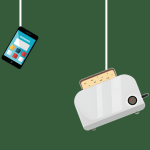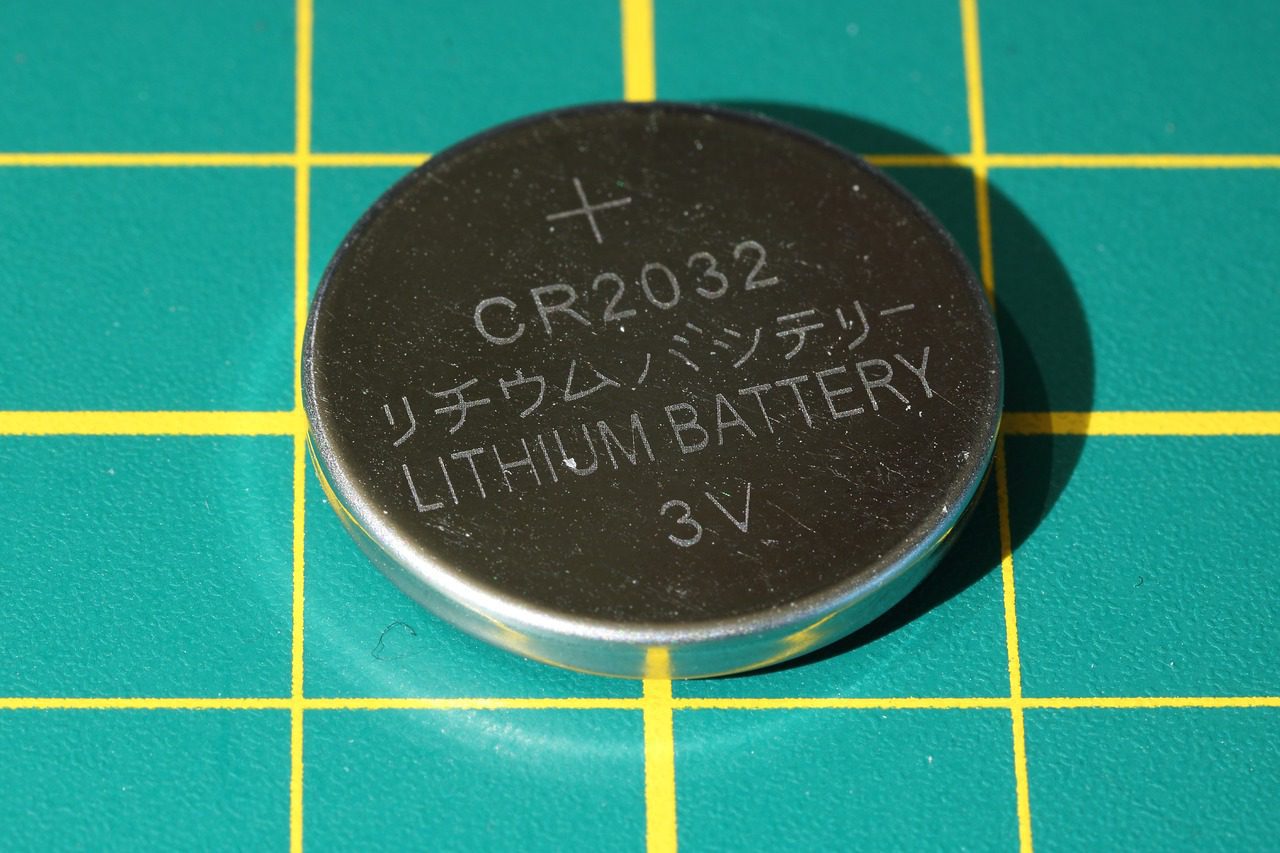Guest article from the Chartered Trading Standards Institute
Button batteries “can kill a child” if accidentally swallowed, says the Office for Product Safety and Standards. Guidance issued by the Office follows a report published by the Healthcare Safety Investigation Branch (HSIB) on Thursday after the death of a three-year-old girl last year when she swallowed a 23mm button battery.
The HSIB report found that although there are strict product safety regulations on children’s toys, there are no equivalent regulations to secure battery compartments on household items. The Office, in consultation with the HSIB, has developed a targeted safety strategy, including the fast-tracking of a new standard for this area, which will look at Product casing, packaging and safe retail practices.
The Office urges parents to take extreme caution with children using any electronic devices containing button batteries, and seek immediate medical attention if a child accidently swallows one.
The simple steps to help protect children from the risks posed by button batteries are:
- Store spare batteries securely and out of children’s reach. Don’t leave them loose in drawers or on surfaces
- Be careful when opening multi-packs of button batteries in case they fall on the floor
- Know which toys and gadgets use button batteries. This includes everyday items such as: robot bug or fish toys, fidget spinners with LED lights, slim remote controls, car key fobs, calculators, scales, gaming headsets, watches, hearing aids, nightlights and novelty items like singing Santa models
- Check your home for things powered by button batteries. If the battery compartment isn’t secured by a screw, move the item out of reach of small children. If it’s faulty, get it fixed or get rid of it safely. You can also report faulty toys to trading standards via the Citizen’s Advice Consumer Helpline
- Teach older children why button batteries are dangerous and why they shouldn’t give them to young children
- Get rid of dead button batteries immediately. Children often find discarded button batteries lying around or under sofa cushions. ‘Dead’ button batteries can still have enough power to badly hurt a small child. When you remove one, store it securely and recycle it properly.
Though it’s not always possible to tell if a child has swallowed a button battery, there are warning signs to look out for.
These include:
-Coughing
-Gagging
-Drooling
-Vomiting
If you suspect a child could have swallowed a battery take them straight to A&E.
Do not give them anything to eat or drink, and do not try to make them sick, as this could make the chemical reaction even worse.
Chief Executive of the Chartered Trading Standards Institute, Leon Livermore, said: “The guidance released today by the Office is vital for anyone who looks after young children. At an impressionable age where everything is ‘taste-tested’, we need to be sure children are safe from life-treating dangers. I strongly urge everyone to share this guidance far and wide to prevent more deaths.”
NB This video is available in English only
For more advice on managing the risks on button batteries, visit:
www.capt.org.uk/button-batteries
www.rospa.com/button-batteries/
To take part in the Council Plan consultation, just click here
[button color=”” size=”large” type=”square_outlined” target=”new” link=” http://www.yourvoicewrexham.net/project/417″]I WANT MY SAY![/button]
[button color=”” size=”large” type=”square_outlined” link=”https://news.wrexham.gov.uk”] NO…I DON’T WANT A SAY [/button]









